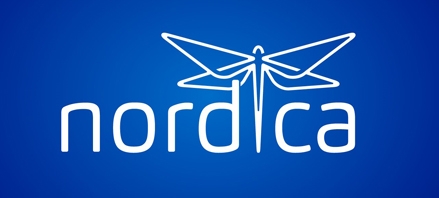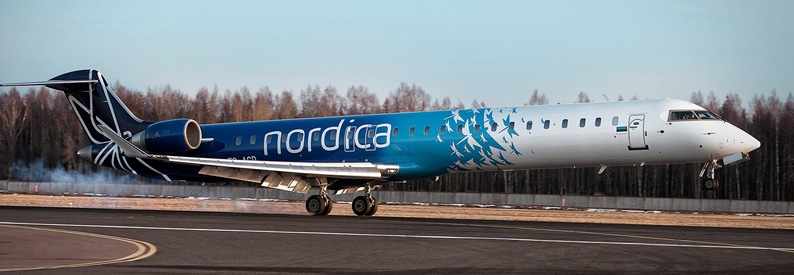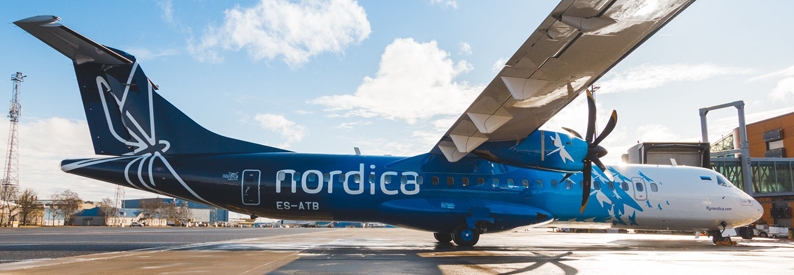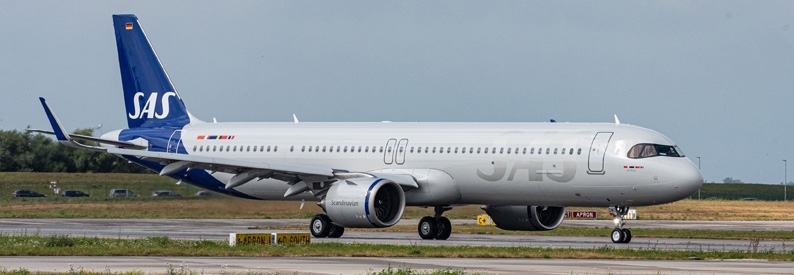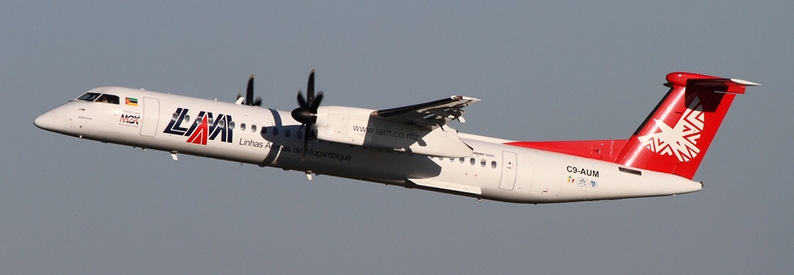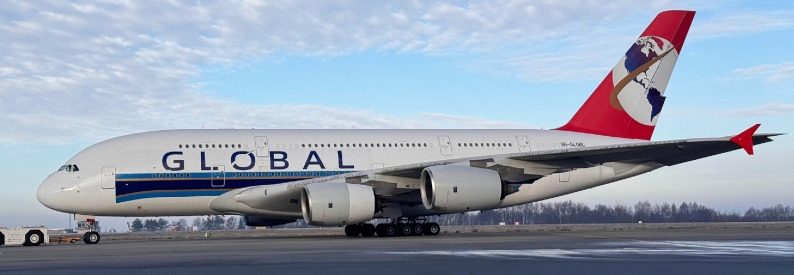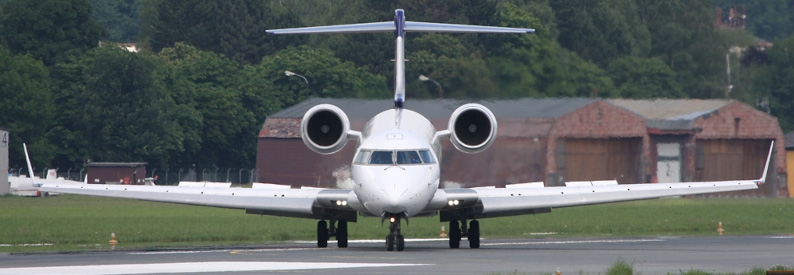Estonia’s state auditor has delivered a damning evaluation of the state’s ownership of flag carrier Nordica (Tallinn Lennart Meri) and lessor Transpordi Varahaldus, both subsidiaries of Nordic Aviation Group, concluding that “it would be reasonable to sell” them.
“Nordica’s course suggests that the state has not been a sufficiently skilled or interested owner in such a complex business area as aviation,” the National Audit Office (Riigikontroll) said in a statement posted on its website on September 20.
According to the auditor, arguments in favour of keeping both airline and lessor in state ownership were lacking well before reports of their serious financial difficulties emerged in July, “and they are still scarce.” Estonia’s current government plans to merge Nordica with Transpordi Varahaldus and then privatise them.
The National Audit Office analysed how the state, as owner for more than seven years, has directed the activities of Nordic Aviation Group, what has been expected of the companies, whether Nordica and Transpordi Varahaldus have succeeded in meeting their goals, and whether the state operating in the aviation business is justified. Its report sought to answer the question ‘Should the state own an air company in order to ensure flights to and from Estonia?’ and was based on written materials up to January 2023 and “oral explanations of the auditees” up to April.
“Life itself has provided an answer to this - the dream of flying under one’s own flag might not be possible in the tight competition of the aviation market without continuous financial support from the state and without violating European Union rules for granting state aid,” Auditor General Janar Holm commented.
The National Audit Office found that there had been attempts to stop unprofitable flights from Tallinn, but the necessary agreements were not reached at the owner level. Also, the representative of the owner did not respond to serious problems that the company pointed out.
Losses of flying from Tallinn
Nordica was founded in autumn 2015 to ensure necessary air service for Estonia with a route network similar to that of bankrupt predecessor Estonian Air. But three years later the funds the state had provided for it had essentially run out.
The auditor recounted that since Nordica’s founding, its management team has been looking for other earning opportunities to cover the losses of flying from Tallinn and started wet-leasing to other carriers (under subsidiary Regional Jet, later rebranded as Xfly (Estonia)). Managers later repeatedly raised the issue of updating this strategy with the company’s supervisory board as it was economically difficult to meet the state’s expectations of flying from Tallinn while profitably competing with other airlines. Yet neither the supervisory board nor the government agreed to consider “the sustainability of flying from Tallinn until the economic reality forced the closure of routes from Tallinn.”
The report said that “Nordica’s management board had requested a review of the business plan nearly ten times, to no avail, by the time [the economy minister] finally agreed to end regular flights from Tallinn in 2019, preventing the company from collapsing.” From summer 2019, the question of whether the state actually needed an airline that did not fly from Estonia was repeatedly raised within the government, but the discussion died down, the auditor recalled.
During the pandemic, state aid buoyed up the company. Later, as summer 2023 progressed, its precarious financial condition became increasingly clear.
“Nordica is an example of how the state should not govern a company it owns. The company’s activities and the management’s decisions cannot be permanently monitored because a lot of documents are either missing or have not been preserved. The owner’s guidelines have been contradictory. Nordica was tasked [by the government] with ensuring necessary air service for Estonia even after the termination of flights from Tallinn, but it was unclear what was meant by air service necessary for Estonia,” the National Audit Office said.
